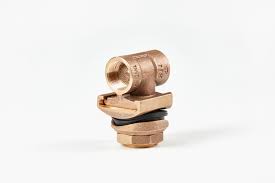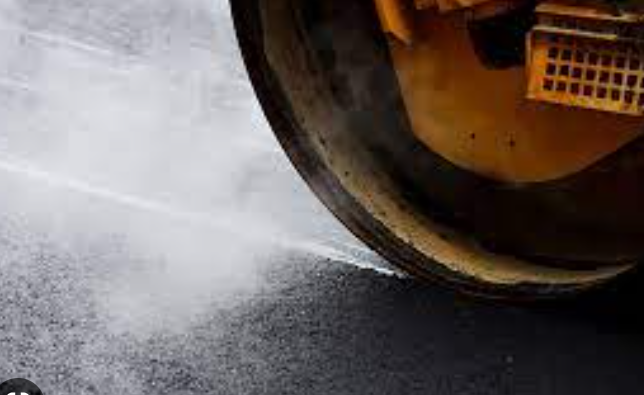The Essential Role of Brass in Water Well Drilling
Introduction
Water well drilling is a crucial process that requires durable and reliable materials to ensure its success. One such material that plays a significant role in this process is brass. brass, an alloy of copper and zinc, is valued for its strength, durability, and resistance to corrosion, making it an ideal choice for various components used in water well drilling.
Importance of Brass in Water Well Drilling
- Corrosion Resistance: One of the primary reasons for using brass in water well drilling is its resistance to corrosion. Underground environments can be harsh, with high levels of moisture and minerals that can cause corrosion in many metals. Brass, however, is highly resistant to these corrosive elements, making it an excellent choice for components that come into contact with water and soil.
- Strength and Durability: Brass is known for its strength and durability, making it capable of withstanding the rigors of water well drilling. Components such as fittings, valves, and couplings made from brass can withstand high pressures and heavy loads, ensuring the integrity of the well.
- Ease of Machining: Brass is also easy to machine, allowing manufacturers to create complex components with precision. This ease of machining makes brass an attractive choice for producing custom parts that are tailored to the specific requirements of water well drilling equipment.
- Heat Resistance: Brass has good heat resistance, which is important in water well drilling where equipment may be subjected to high temperatures during operation. This property ensures that brass components remain strong and reliable even under extreme heat conditions.
- Antimicrobial Properties: Brass has natural antimicrobial properties, which can be beneficial in water well drilling applications where bacterial growth can be a concern. The antimicrobial properties of brass help to inhibit the growth of bacteria, ensuring that the water extracted from the well remains clean and safe for consumption.
Components Made from Brass
Several components used in water well drilling are typically made from brass due to its beneficial properties. These components include:
- Fittings: Brass fittings are used to connect pipes and other components in the well drilling system. They provide a secure and leak-proof connection, ensuring the efficient operation of the well.
- Valves: Brass valves are used to control the flow of water in the well drilling system. They are durable and reliable, providing long-lasting performance in harsh environments.
- Couplings: Brass couplings are used to join sections of pipe together in the well drilling system. They provide a strong and secure connection that can withstand the rigors of drilling operations.
Conclusion
Brass plays a vital role in water well drilling, providing strength, durability, and corrosion resistance to critical components. Its use in fittings, valves, and couplings ensures the efficient and reliable operation of water well systems. As such, brass remains a material of choice for many drilling professionals seeking long-lasting and reliable equipment for water well drilling.
FAQ:s
Q: Why is brass used in water well drilling?
A: Brass is used in water well drilling due to its corrosion resistance, strength, durability, ease of machining, heat resistance, and antimicrobial properties. These qualities make it ideal for components that come into contact with water, soil, and high pressures in well drilling operations.
Q: What components made from brass are used in water well drilling?
A: Several components made from brass are used in water well drilling, including fittings, valves, couplings, and other custom parts. These components are essential for connecting, controlling, and maintaining the integrity of the well drilling system.
Q: How does brass contribute to the longevity of water wells?
A: Brass contributes to the longevity of water wells by providing durable and reliable components that can withstand the rigors of drilling operations and the harsh underground environment. Its corrosion resistance and strength help ensure the integrity and efficiency of the well over time.
Q: Are there any disadvantages to using brass in water well drilling?
A: While brass offers many advantages for water well drilling, it can be more expensive than other materials. Additionally, brass may not be suitable for certain applications where extreme temperatures or pressures are involved, as it has limitations in these areas compared to some other metals.





